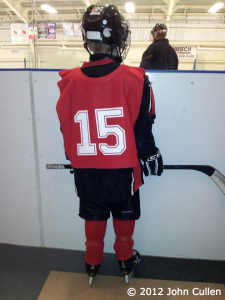 As some of you may know, my son Ryan has just started playing organized hockey. He’s six years old and the kids he plays with can be anywhere from five to seven years old. Organized really only means that we have set times to play and have to pay a registration fee. Pretty much everything else is chaos, especially on the ice.
As some of you may know, my son Ryan has just started playing organized hockey. He’s six years old and the kids he plays with can be anywhere from five to seven years old. Organized really only means that we have set times to play and have to pay a registration fee. Pretty much everything else is chaos, especially on the ice.
I was standing with several other parents watching the hockey practice before ours and I accidentally blurted out “There’s the pygmalion effect!”
I got more than a few quizzical looks, a somewhat awkward silence, and then finally someone said “Who’s a pig?”
“Well no ones a pig.” I said, “It’s the pygmalion effect.”
“What the heck is the pygmalion effect?” said the other parents in unison.
“I’ll show you. It’s happening right now, on the ice, as we speak.”
And this is what we saw…
On the ice, one coach was working with a group of players on a simple skating drill. Basically, the players were supposed to be skating around the outside of a circle, working on using the different edges on their skates.
One of the players was clearly better than the others and one was clearly struggling with the task. This is where the pygmalion effect comes into play. Watching how the coach interacted with each of the skaters, there were some subtle and some not so subtle differences.
First, with the strong skater, the coach spent more time one on one giving instruction. After realizing that the drill was too easy, the coach made it a little more challenging and encouraged the skater to push a little harder.
Second, with the weak skater, the coach provided almost no instructional feedback. There was encouragement but it wasn’t linked to any achievement or attempted achievement by the player. Simply a pat on the back for being there.
What was happening was that the coach identified immediately the better player and set higher expectations for him. Then followed up with better feedback to help him reach that higher level.
The coach also identified the lower skilled player and immediately reduced his expectations for him. This was followed up by less helpful coaching behaviours.
In the end what you get is both players meeting the expectations of the coach. It’s a special case of self-fulfilling prophecy. You can imagine the impact on development over the course of a season.
Now this was an overt example of the pygmalion effect and there were real differences between the skill levels of the two players. What’s important to recognize is that this can happen even without real differences in skill level or aptitude.
Just a quick example to demonstrate what I mean. From a research study in education, teachers were asked to spend a day with a class, give them a test, grade the test, and provide an evaluation of the class at the end.
Half the teachers were told that the class they would be working with was gifted, while the other half were told that the class they would be teaching had lots of problems. When the teachers graded the tests and provided the evaluations, sure enough, the gifted class did excellent and the problem class did poorly. The twist in the study, which really emphasizes the impact of the pygmalion effect, was that all the teachers taught the same class. That’s right, there was no actual difference yet, the teachers changed their behaviour and evaluation of the class.
This effect is both powerful and pervasive. As hockey coaches and parents, you play a big part in setting the expectations for your players, for your sons and daughters and for yourself. When you go to tournaments or see other teams practice do you ever say to yourself, “Wow that team is good. We’d never be able to do that.” Or, “ Look at how they move the puck. I could never get my team to do it that way.”
With those thoughts, chances are you will struggle developing as a coach and you’ll never instill confidence in your players to push beyond what they (or their parents) believe they are capable of achieving.
Stop those thoughts immediately. Now that you know about the pygmalion effect, re-evaluate your expectations. Take action and see if you need to change some of your coaching behaviours. Don’t limit yourself or your players.
“Don’t lower your expectations to meet your performance. Raise your level of performance to meet your expectations. Expect the best of yourself, and then do what is necessary to make it a reality.” ~Ralph Marston
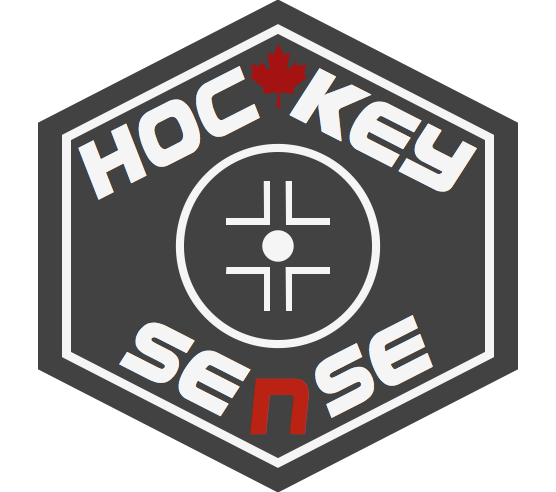
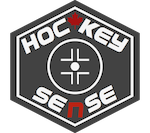
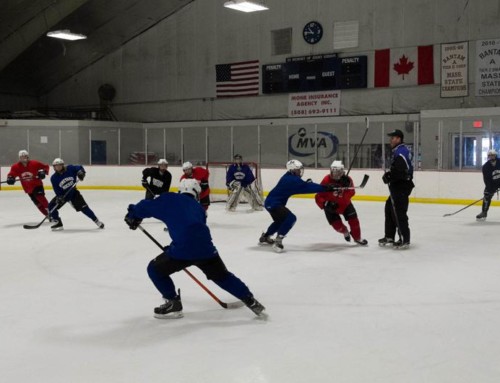
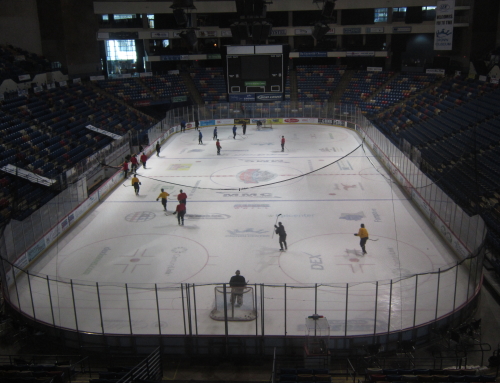
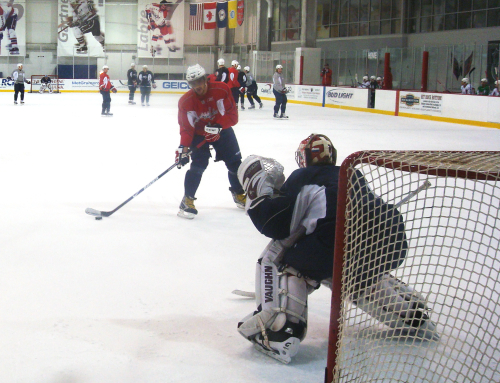
Leave A Comment